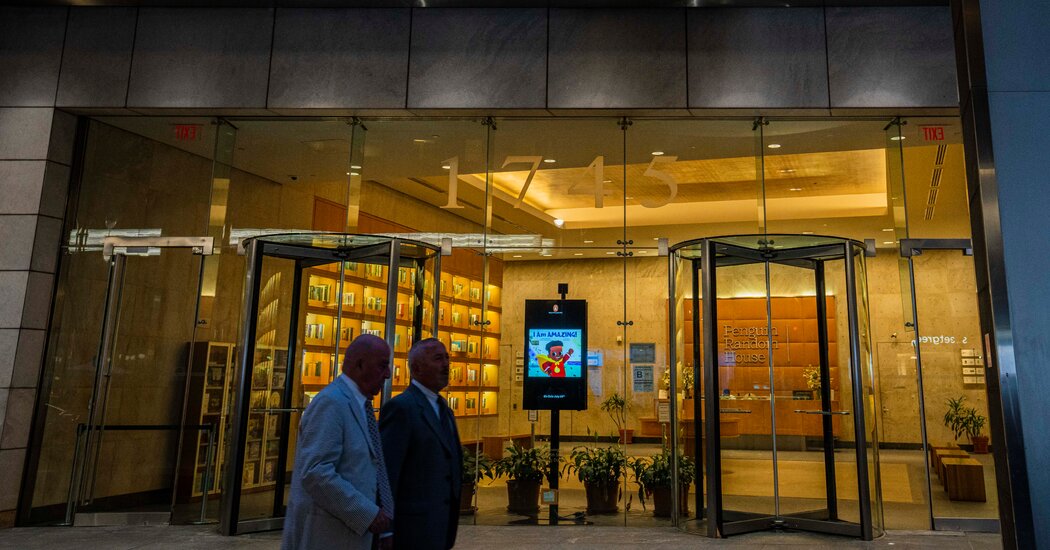
“The Biden administration wants to be aggressive to protect the overall market, and not necessarily to just protect consumers,” said Eleanor M. Fox, an antitrust expert at N.Y.U. School of Law.
The decision dealt a blow to Penguin Random House’s ambitions to expand, at a moment when it faces dwindling market share and a stagnant economy. While Penguin Random House remains far and away the biggest publisher in the United States, it has struggled to maintain its share of sales in recent years. Under the sale agreement, Penguin Random House is obligated to pay a fee of roughly $200 million to Paramount Global, the conglomerate that owns Simon & Schuster, if the deal doesn’t go through.
The government focused its case on a narrow slice of the market, arguing that authors of anticipated top-selling books, who receive advances of $250,000 and up, would see their earnings fall if fewer major publishers are competing for their books at auction. They identified deals where Simon & Schuster and Penguin Random House were the top two bidders, and drove up the advance.
In its defense, Penguin Random House tried to persuade the judge that the Justice Department fundamentally misunderstood the dynamics of the publishing industry. The company said that there was no separate market for authors who earn advances of at least $250,000 and it emphasized that head-to-head bidding wars between the two companies were rare.
Judge Pan was unswayed by those arguments.
When the $2.175 billion deal was first announced in 2020, most of the publishing industry assumed it would go through following the regulatory review. Many were stunned when the government moved to block it. But over the course of the trial, Judge Pan’s skepticism of Penguin Random House’s position became increasingly apparent.
The result of the trial could have a profound impact on the industry, with repercussions that go beyond the two companies.
Over the past few decades, the publishing business has already gone through a number of mergers and acquisitions as big publishing houses bought up midsize companies and rivals, and the number of major publishing houses shrunk to five. When Penguin and Random House merged in 2013, the deal accelerated a race to bulk up. Rival companies like HarperCollins and Hachette also went on buying sprees, purchasing smaller companies to expand their catalogs and backlists.



